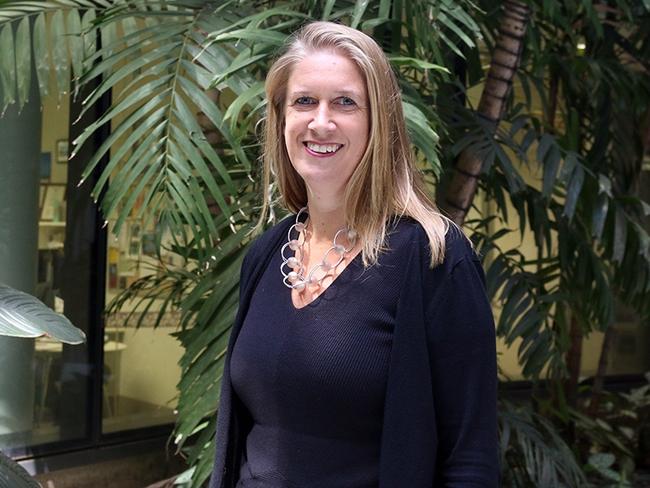OCD breakthrough: Qld scientists discover genetic link
In a world first, Queensland researchers have discovered genetic links to OCD, with the potential to improve diagnosis and treatments for the condition.

QLD News
Don't miss out on the headlines from QLD News. Followed categories will be added to My News.
In a world first, Queensland researchers have discovered genetic links to obsessive-compulsive disorder, with the potential to improve diagnosis and treatments for the condition.
QIMR Berghofer researchers have revealed that the mental health condition shares a large number of genes with anxiety disorders, depression and anorexia nervosa.
OCD creates lasting, unwanted thoughts, urges and images that keep coming back, causing distress or anxiety.
It can create worry about harming others, relationship doubts, existential worries, inappropriate thoughts, and persistent concern about responsibilities.
More than 500,000 Australians were affected by OCD, which can start in late childhood or the early teenage years. It can also begin for women after childbirth.
QIMR Berghofer professor Eske Derks said the findings would help to provide a quicker, more efficient diagnosis and treatment, and hoped the study would reduce stigma around the mental health condition.
“There is a lot of shame around it because often people with OCD are highly functioning, and they know their fears are not realistic,” Dr Derks said.
“It is really hard for them to go out there, go to the GP and seek treatment.
“I hope that this becomes treated as a disorder like diabetes or cardiovascular disease, because it has a genetic component as well.

“We want to let people know there is something we can do to help, and we are on our way to developing better targeted therapies for those who are suffering.”
The research team would use the world-first discovery to identify existing drugs used to treat other conditions that could be effective for OCD patients.
“We’ve been working on this for many years, but these findings have dramatically increased our knowledge of the genetic basis of OCD,” Dr Derks said.
“We can then use this information to see if there are any existing drugs that target the activity of these genes and that can potentially be used to treat OCD.
“While there is medication for OCD, not everyone responds well to it, so we need some new drugs that can be used.”
The global study, published in Nature Genetics, involved more than 50,000 people with OCD and two million people who did not have it, and located approximately 250 genes linked to the condition.
Clinical psychologist and OCD specialist Emily O’Leary said the findings meant they could be more proactive in the diagnosis of the condition.
“People who suffer from OCD are driven by a fear that they’ve done something wrong, or that they’re going to do something wrong,” Dr O’Leary said.
“They worry they could hurt their loved ones or themselves. For people with OCD, it’s like being trapped in their own worst nightmare.
“It not only impacts the individual, but also the family, because everyone is trying to accommodate the OCD.”
More Coverage
Originally published as OCD breakthrough: Qld scientists discover genetic link





